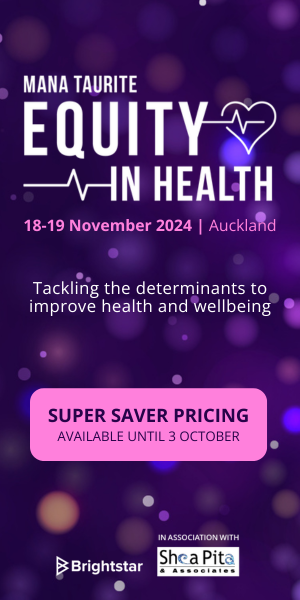Some useful definitions
- Meta-analysis: An analysis of qualitative studies (but can be applied to quantitative studies too).
- Meta-synthesis: A synthesis of qualitative studies.
- Systematic review: An evaluation and synthesis of quantitative studies and an overall umbrella term for meta-analysis and meta-synthesis.
- Search strategy: A thorough explanation of which databases the researcher searched, the key words used for the search, and the inclusion and exclusion criteria for selecting the studies to analyse and/or synthesise.
- Data extraction: The task and skill of extracting relevant information from the selected studies — part of a researcher’s role.
- Analysis vs synthesis: The findings, methods and theory are analysed (ie broken down, critiqued and examined in detail) before they are synthesised (ideas from several sources are re-configured, combined).
- Qualitative studies: These studies explore, describe, explain or provide insights into life experiences, perceptions and perspectives.
- Quantitative studies: These studies test theory, experiment or collect or quantify phenomena through numbers and statistical analysis.
Firstly, there is the research language you have to adjust to, that isn’t exactly intuitive. Then you wonder how you are supposed to know if the study you’re reading about is a good one or a bad one.
How do we know which study is useful to us in our nursing practice? After all, there are a number of studies out there that are poor, unethical or just plain incorrect.
Recently I learned to write a type of systematic review called a meta-synthesis and, although I was initially reluctant to use this type of research approach, I quickly recognised how useful it could be for busy nurses.
How do we know which study is useful to us in our nursing practice?
The first part of this previous sentence needs some context. As part of my job as a nursing educator, I have to develop and produce research. My preference is for undertaking new studies that seek to explore patients’ or nurses’ perceptions of their experiences.
Such studies, which gather new data, are known as primary research. Systematic reviews are known as secondary research — they involve searching for all the relevant primary research on a particular subject, then drawing together, comparing and analysing the data.
Staying one step ahead
When I first looked at the systematic review approach, and students also became interested in it, I had to keep one step ahead. My first systematic review (a meta-synthesis) explored late-career nurses’ experiences of ageism in the workplace — specifically, ageism directed at them.
As the process of searching databases for studies that explored this issue unfolded, it occurred to me how transparent, structured and robust the systematic review process was. It seemed faster too than the primary studies I had previously been involved in.
The main reason it seemed so useful though was because it took a lot of studies, critiqued them for quality, robustness and rigour, and condensed a lot of dense information. And in my case, because of the type of systematic review I was doing (a meta-synthesis), it used all the studies’ findings to identify new themes.
A systematic review brings all their findings together in one place and in one read.
This can be enormously helpful to busy nurses — now they don’t have to read several studies to get context to a particular topic of interest in their workplace, or to investigate a particular way of doing a task or skill. A systematic review brings all the relevant findings together in one place and in one read.
Systematic reviews support better practice
My purpose in writing this article is to advocate for systematic reviews and to say to nurses: don’t be put off by the unfamiliar and often long-winded research terms and language.
My aim is to float the idea that changing practice for the betterment of our patients — ie finding the latest evidence on which to base our nursing care — can be supported in a much easier way. That is by reading the latest systematic review on a topic rather than trawling through screeds of single studies, some of which may be questionable.
On a practical level, I offer some definitions for terms that you might come across (see box above). It is annoying to find that different textbooks often define concepts differently, or use them interchangeably. These terms in the box above are from several different textbooks. However, as long as an author explains and describes their process, a different description shouldn’t be viewed as a negative or a weakness of their study.
Margaret Hughes, RN, PhD, is a senior nursing lecturer and academic staff member in the Department of Health Practice, at the Ara Institute of Canterbury, and a lecturer in the Faculty of Health, University of Canterbury.
References
- Cooper, H. (2010). Research synthesis and Meta analysis. A step by step approach (4th Ed). Sage.
- Paterson B., Thorne, S., Canam, C., & and Jillings, C. (2001). Meta Study of Qualitative Health Research. Sage.




